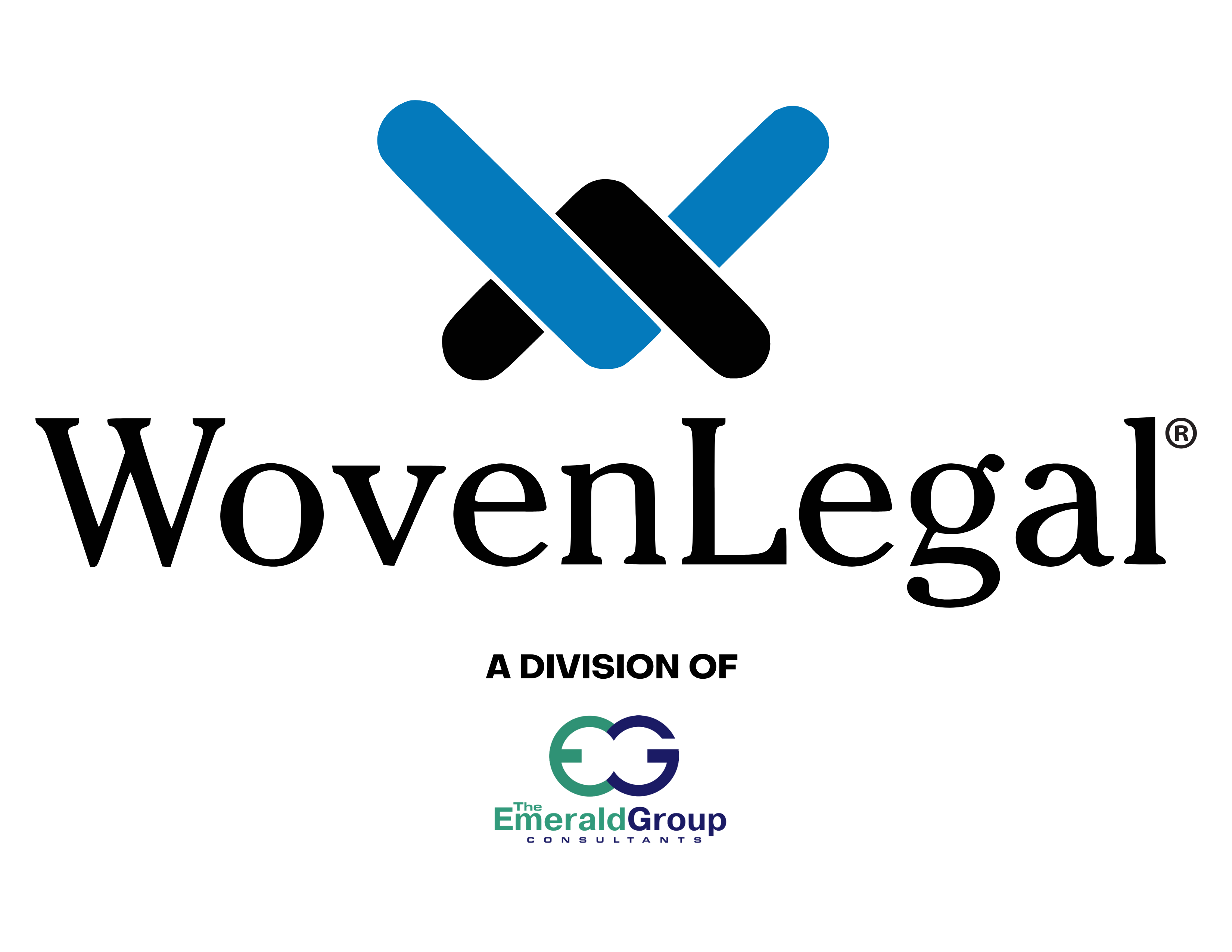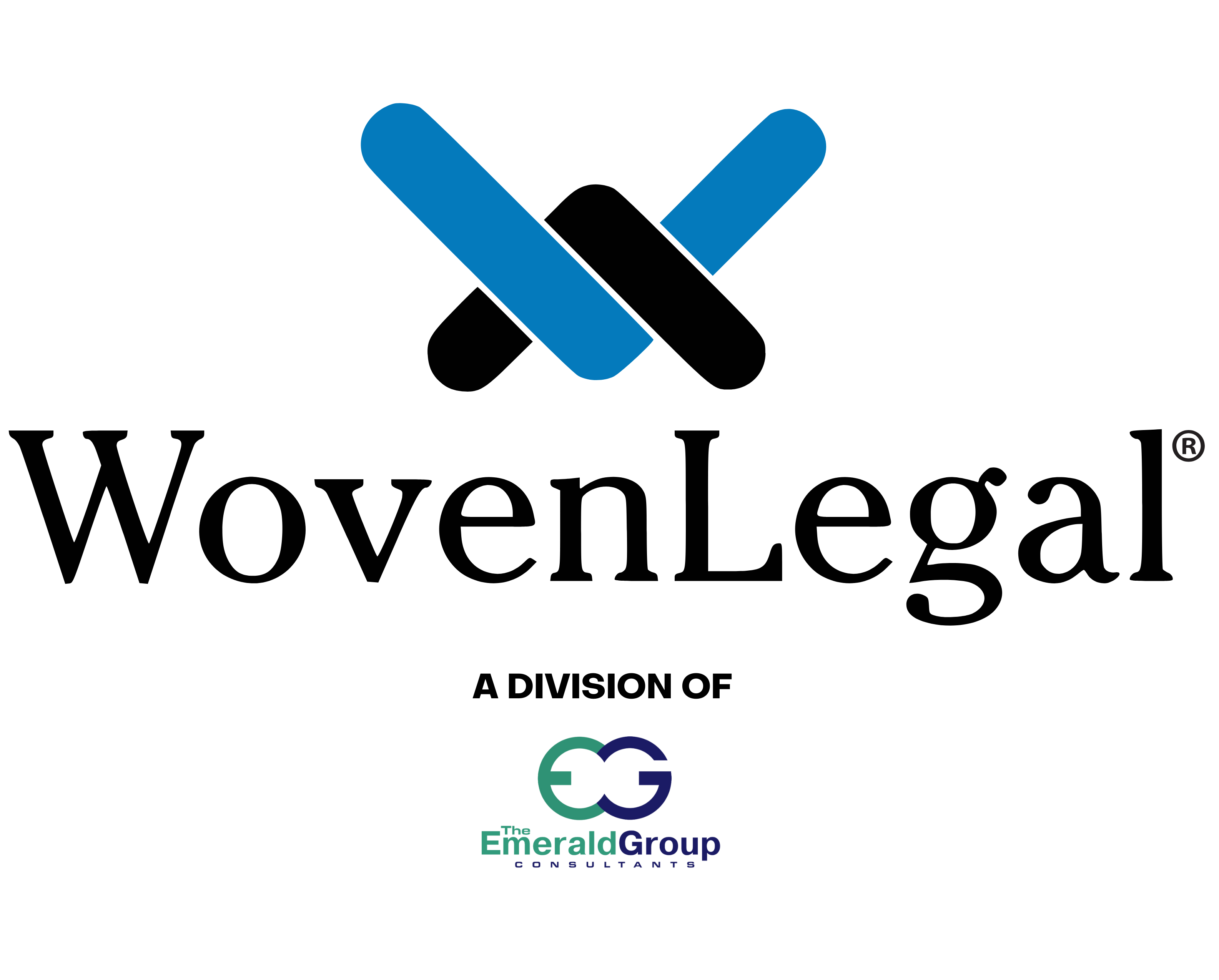The law is an industry that is notoriously slow to change, but even this institutional occupation is not immune from technological advances.
You may have learned how legal research used to be conducted by referencing a mountain of books and reporters. If so, you were undoubtedly relieved when you were introduced to Lexis or Westlaw and saw how much easier these tools made the task of researching.
Today, the new emerging technology is artificial intelligence or AI. Although the concept of AI is over 70 years old, it seems you cannot look at a news source today without seeing an article about the advances being made in AI or the looming perceived threat it poses.
Like other technological tools, such as the personal computer and the internet, AI’s continued growth presents both possibilities and challenges for attorneys. But whether you embrace change or are resistant to it, it will certainly impact the practice of law.
Defining and Describing Artificial Intelligence
As an abstract concept, artificial intelligence can be thought of as a machine or computer’s ability to “think” like a human being. When discussing AI, three general categories are used.
Artificial Narrow Intelligence (ANI)
You can find artificial narrow intelligence in voice assistants like Siri and Alexa. An ANI system is designed to complete specific tasks. As it does these tasks, the ANI system can learn skills to complete the tasks for which it was designed, as well as other related tasks that it may not have been explicitly programmed to do.
Current discussions of AI and how it intersects with the legal industry are focused on ANI.
Artificial General Intelligence (AGI)
An artificial general intelligence would not only be able to learn and perform any cognitive task a human could, but it could think and reason like a human, too.
The AGI system would be able to think about an abstract concept, understand and learn from mistakes it makes in solving problems, and then use its experiences to learn how to solve new problems.
For example, suppose that you need a list of cases of damages in truck accidents specific to your jurisdiction.
For an ANI system like ChatGPT, you would provide the system with a prompt that identified what you were looking for, and the ANI would then search for and create a list of the types of cases you described that the ANI believed were most responsive to your request.
With an AGI system, though, not only could the system perform this task, but it could begin to learn about the law of truck accidents in general. It could then take its knowledge and learn about personal injury law in general and begin comparing this to other jurisdictions’ laws. And it would do these tasks without a specific prompt from you.
Artificial general intelligence does not currently exist, but it is the goal toward which AI research is progressing.
Artificial Super Intelligence
Artificial superintelligence is a thing of science fiction. It describes an artificial intelligence that not only works like the human mind but exceeds the capability of any human mind.
Using AI in Your Legal Practice: Good Idea or Asking for Trouble?
Artificial intelligence that can recognize plain text prompts and respond to them, such as ChatGPT or Casetext, can efficiently perform certain tasks that would have taken you much longer to complete yourself.
For example, you could input a prompt along the lines of, “List five relevant cases from Florida on damages in truck accident cases,” and, presumably, the AI would do so in a small fraction of the time it would take you.
Or suppose that you have an upcoming deposition of a doctor in a medical malpractice case. You could upload the relevant documents in your case and ask an AI to generate a list of relevant questions to ask. Further still, you could ask an AI system to prepare a legal research memo of a specified length covering a particular case.
In a famous example described by The New York Times, one attorney suing the city of Flint, Michigan, used ChatGPT to scan hundreds of pages of documents and prepare a summary of those documents that helped the attorney identify a weakness in the defense’s case.
A Cautionary Tale About Relying Too Much on AI
As astounding as current AI is, it is not foolproof and still requires a lawyer or lawyer’s staff to assess its usefulness. One attorney recently discovered this lesson when he utilized ChatGPT to supplement legal research the lawyer performed in response to a motion to dismiss.
It was discovered that six of the “cases” cited by ChatGPT were bogus, complete with falsified quotes and legal citations. The attorney stated in an affidavit that he had asked ChatGPT if the cases in question were real cases, and the AI responded affirmatively.
That attorney is now facing legal sanctions for failing to verify the information generated by AI.
Another concern raised regarding the use of AI in the legal industry is how to protect confidential client information.
The Final Verdict: AI Is Coming, but Lawyers and Legal Professionals Are Still Needed
The few examples of current AI being used in the legal profession suggest that AI may be able to help solo and small firms multiply their productivity.
However, at least for now, AI is no substitute for the trained eye and mind of a lawyer or legally trained professional. ChatGPT or other ANI systems may be able to conduct legal research in an instant instead of hours, but it still falls to a knowledgeable human being to verify the results.
Finding Quality Legal Assistants with Woven Legal
If you need a dependable legal assistant, paralegal, or other professional for your firm, book a discovery call with Woven Legal. We match practitioners and firms with bookkeepers, paralegals, and others trained and qualified to provide remote support services for your firm.
Contact us at Woven Legal today and learn how our services can also be a force multiplier for your firm’s operations.




Comments are closed